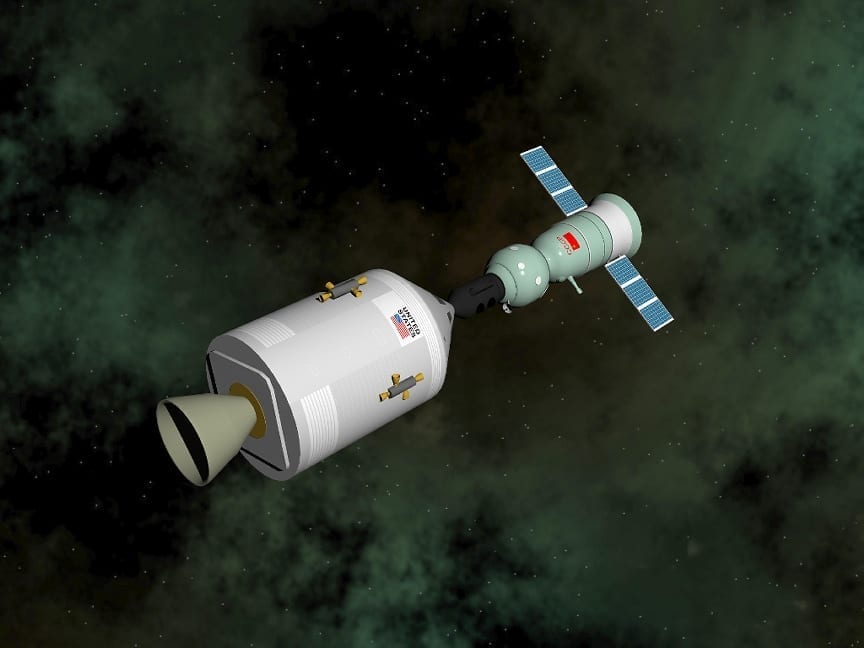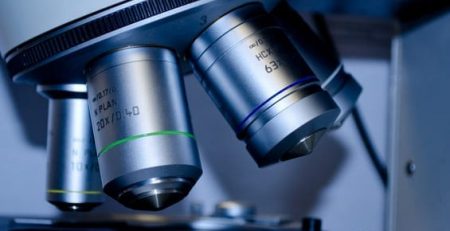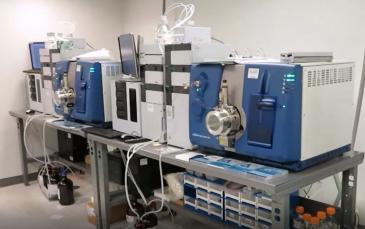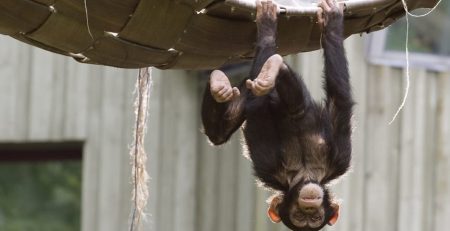Russia loses track of satellite containing gecko
Russia lost track of a research satellite containing many organisms, including five geckos, which was testing the effect of weightlessness on mating. This happened less than one week after its launch. Foton-M (the satellite) took off on July 19 from the Baikonur Cosmodrome, and as it continues to transfer information on location and system performance, the Federal Space Agency sent out a press release reporting that it is not responding to mission control commands.
The satellite still orbits on autopilot and other systems are operating normally. They’re attempting to re-establish a connection with the operating system to confirm it’s controlled return to Earth, but it’s looking pretty negative right now. Russia’s institute of Medico-Biological Problems’ researchers, who headed the study, have reportedly said that they are still able to examine the behavior of geckos on board the craft and may be able to save some information.
Foton-M is also being used to observe the development of crystals in microgravity for many of applications plus the generation of semiconductors and biomedical products. Russia’s space program has experienced this before. A similar satellite named Bion-M experienced a huge system failure last year, killing most of the animals on board. This included gerbils, mice and fish. Shortly after it’s launch, the Phobos-Grunt plummeted back to Earth.














